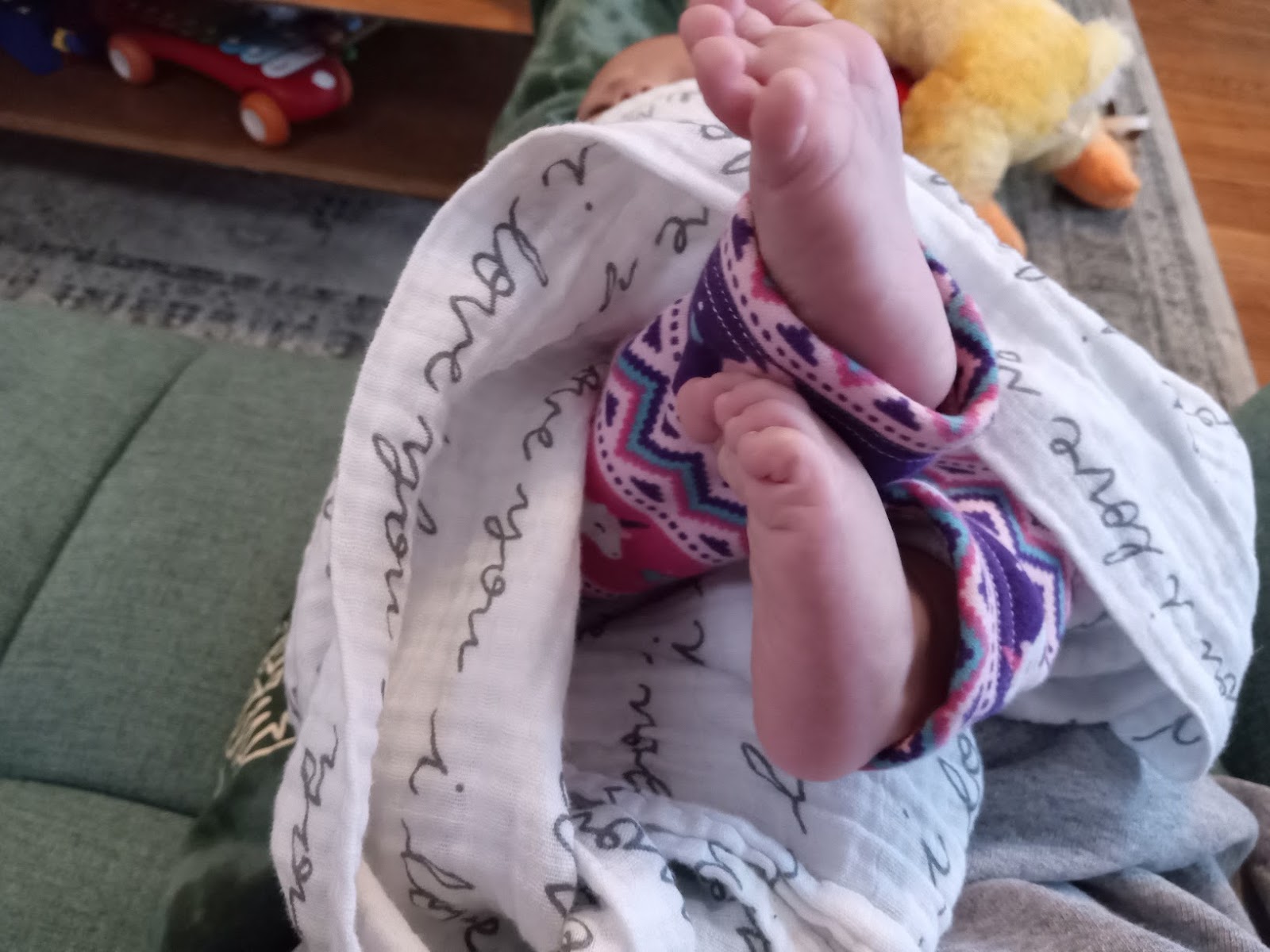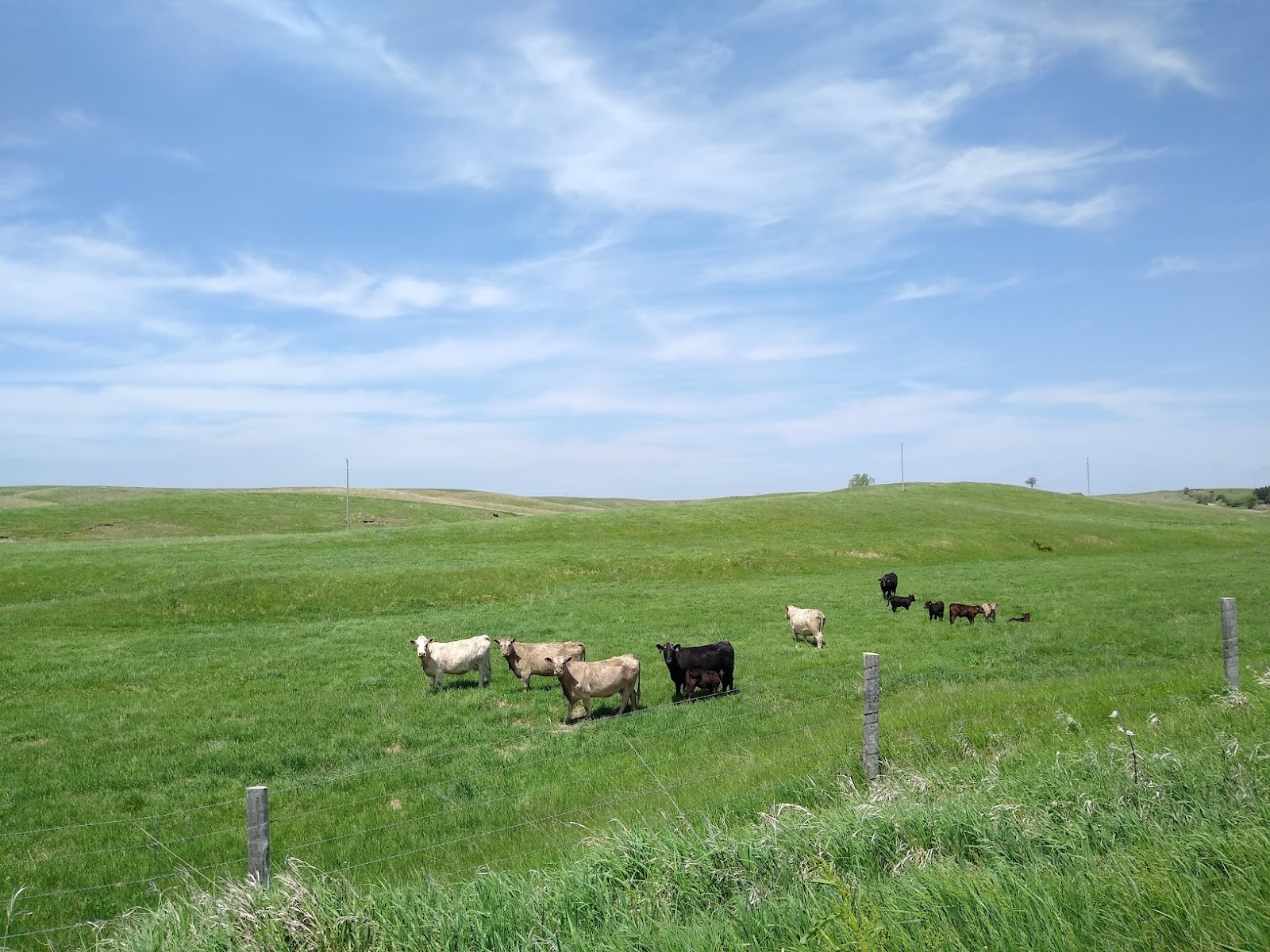Naming things has always been a duty of utmost gravity to me. I named my flip phone in high school (Santiago), each of my cars (Sunny, Sirius, Cherry, Han, Blackavar), my stuffed animals (too many to list, sorry). I nicknamed almost all my friends through middle school and high school (fewer than the stuffed animals but still, I won't bore you). The first time I remember naming something is when we got our first poodle. Her name was Chloe, the name was my suggestion, everyone agreed it fit, and I have been wearing that knowledge like a medal of self-affirmation ever since.
More recently husband and I have agonized over which name would best fit each of our cats (Pippin, the late Bombadil, Zuko, Princess Peach). Their names are fun and fitting, often literary. But naming a baby is a very different task. Almost a prophetic one.
I don't believe in mantras or manifestation, but I do believe there is something profound about a name. God certainly does. All throughout the Bible He was naming people, re-naming people, calling and commanding and setting apart. It's part of Him knowing us, better than we even know ourselves. That's why naming a child feels different, like it's almost too big a task for my human brain. A person's name is the first thing they claim as a part of their identity; what their name means can inspire and encourage them as they grow up. I learned in elementary school that the name Samantha, translated from the Aramaic, means listener. After that it always seemed to me like a title worth living up to (and here's how we know God has a sense of humor, because it is often a great challenge for me to listen well).
For the one who does the naming, it creates a sense of connection, of responsibility and pride, that for some reason isn't there until a name is spoken. That's why Zac and I named each of our children while they were still in the womb--to confirm their humanity, their value, their set-apart-ness. That's why we've prayed over each of our children's names, and why we wouldn't just change one on a whim. That's the human explanation for why our second son is named Abraham.
Abrahamic covenant
The ultrasound didn’t show me
the color of your eyes, the pattern of your hair.
It wouldn’t show those things,
the ones that come with time.
Whether you will like Brussels sprouts
or playing in the snow.
There is no prenatal personality test,
no questionnaire or list of preferences.
Your existence, enabled in part by my own
flesh and blood,
depends on something else entirely.
Would I take that job if I could?
Pencil in your features like some dystopian geneticist,
gray-green eyes and your dad’s hair.
I’d never have to tell you
not to hit your sister.
You’d never cry over out-of-reach candy.
And I think
you’d end up really boring.
We named you Abraham before we saw you,
a name emanating legacy,
a dream of faith-fed greatness. Abraham.
Presidential, near-prehistoric. Possibility
and promise.
No, I wouldn’t write your story.
The part of me that wants to
has all the fear, none of the reckless courage
such a name requires.
But God knew you before I did,
he saw your footprints and where they led,
and promised to lead you.
You may not turn out to be
the father of a nation
but you will be the father of something.
Your life brings forth some newness
some first-print exclusive
never-would-have-thought backstory
written by the only original in the universe.
We chose your name
but I have a feeling
God did that too.
















